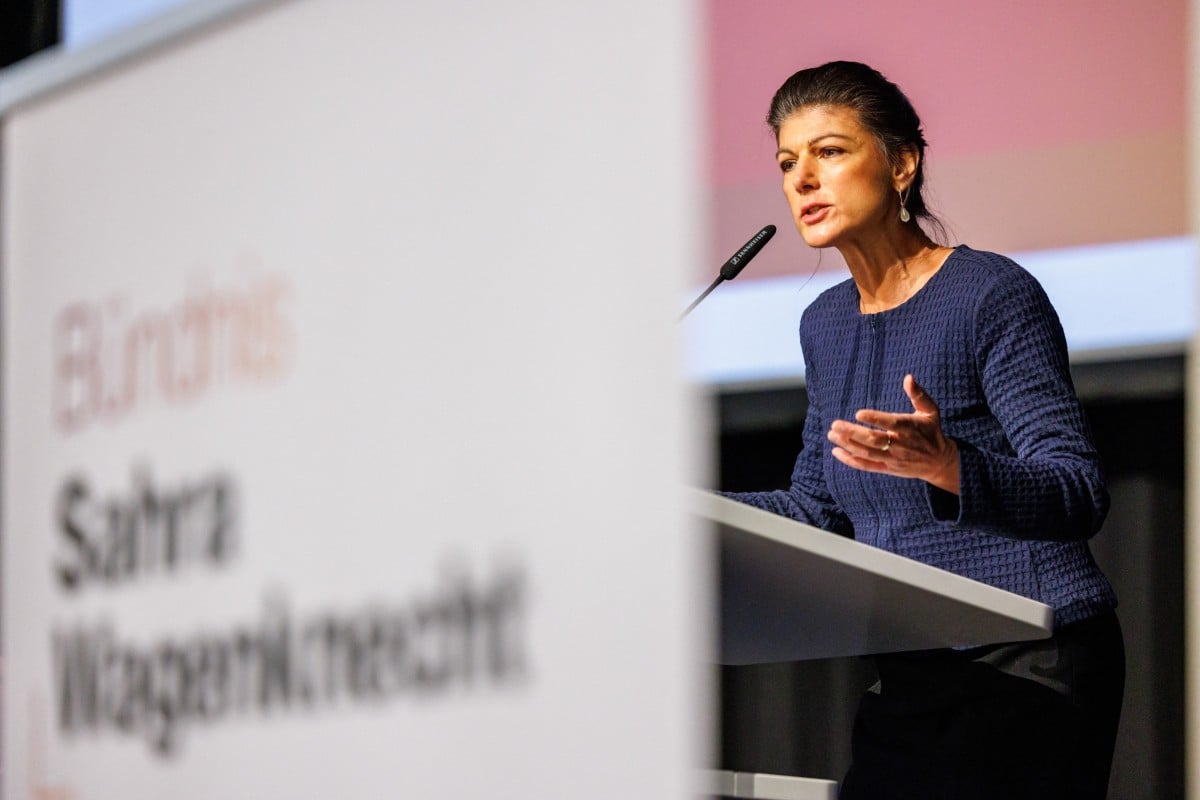The Defence Ministry has already issued an Expression of Interest to the industry and three responses were received
“The design of the AMCA is ready. The prototype is expected to roll out by 2028-29 and the production is expected to begin from 2032-33. The target is to have it ready for induction in 2034, a decade from project sanction,” an official source said. In preparation to have the manufacturing and deliveries on track, there is significant private industry involvement that is being envisaged. “We have to decide a model for private sector involvement. A model is expected to be worked out in the next six months,” an official source said.
The AMCA project is particularly critical as it is India’s only FGFA that is planned for induction at a time when a series of such FGFA development projects are making progress worldwide. China, which has made great progress in the development and deployment of FGFAs, has recently deployed its twin-engine J-20 FGFA in Tibet bordering India.
Cabinet Committee On Security Clearance
The AMCA project got sanction from the Cabinet Committee on Security (CCS) in March. It is envisaged as a 25-ton twin engine stealth aircraft with internal weapons bay and diverterless supersonic intake which has been developed in India for the first time. It is intended to have an internal carriage of 1,500 kg of payload and 5,500 kg of external payload with 6,500 kg of internal fuel. Hindustan Aeronautics Limited (HAL), which is the production agency for the project, has already initiated manufacturing activities.
The development of AMCA is planned to be carried out in two phases, a MK-1 with the General Electric F414 engine and a TEJAS MK-2 with a more powerful engine planned to be co-developed in partnership with Saran of France for which discussions are under way.
An aircraft development project, the Light Combat Aircraft TEJAS MK-2, a larger and more capable aircraft than the present TEJAS, is on track and the prototype is expected to be ready by 2027, the sources stated.
In September 2022, the CCS gave sanction for the development of TEJAS MK-2 at a total cost of ₹9,000 crore. The TEJAS MK-2 will also be powered by the GE F-414 engine which produces 98kN thrust compared to 84kN thrust of the GE-404 engine powering the TEJAS MK-1 and MK-1A. A deal to licence-manufacture the F-414 in India by the HAL is in advanced states of conclusion.
(With Reporting By Agencies)





















Discussion about this post